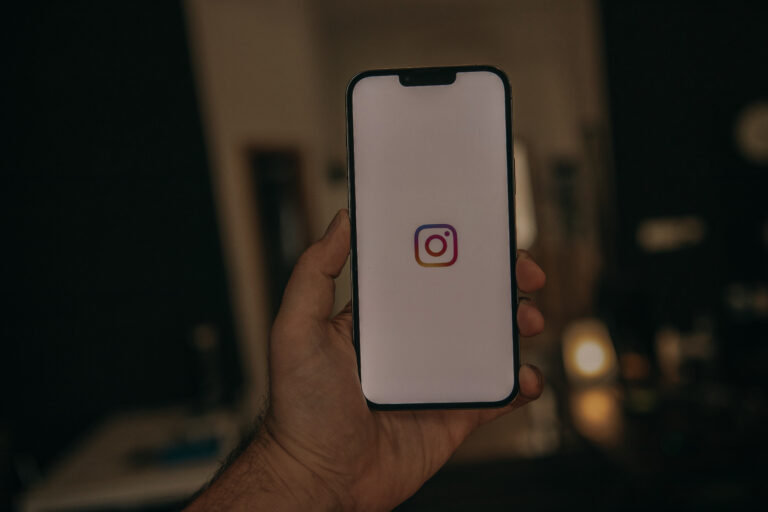In the realm of digital marketing, the concept of a marketing funnel is everywhere. So many hear the term but do they really understand what a marketing funnel is and how it works? We’re going to break it down for you. A funnel is a foundational framework that helps businesses visualize and understand the customer journey from awareness to purchase. By mapping out this journey, marketers can create targeted strategies to move prospects through each stage of the funnel and ultimately convert them into customers. In this comprehensive guide, we’ll explore what a marketing funnel is, its key stages, and how businesses can optimize their marketing efforts using this model. Especially when you have a high ticket item, your audience does not likely go from awareness to customer right away – the funnel breaks down the steps in between that lead to the conversion.
What is a Marketing Funnel?
A marketing funnel is a visual representation of the customer journey, from the initial awareness of a product or service to the final purchase decision. The funnel analogy is used because, like a funnel, the number of potential customers decreases at each stage of the journey. The top of your funnel is likely awareness and the bottom of the funnel is taking action and of course, the amount of people aware of your product is much larger than those who will take the action to purchase it. As you read through this blog post, we’ve used very general terms but you can tailor it to fit within your industry.
The traditional marketing funnel consists of four main stages:
- Awareness: This is the top of the funnel (TOFU) stage, where potential customers become aware of a product or service. They may discover the brand through social media, search engines, advertising, or word-of-mouth.
- Interest: Also known as the consideration stage (MOFU), this is where prospects show an interest in the product or service. They may visit the website, sign up for a newsletter, or engage with the brand’s content.
- Desire: In this stage, prospects develop a desire or intention to purchase. They may compare the brand with competitors, read reviews, or seek more information about the product.
- Action: The final stage of the funnel (BOFU) is where the prospect takes action and makes a purchase. This could be in the form of a sale, subscription, or other desired outcome.
Key Components of a Marketing Funnel
While the traditional funnel model provides a basic framework, modern marketing funnels are more dynamic and complex, reflecting the nonlinear nature of the customer journey. Here are some key components of a modern marketing funnel:
- Awareness: Attracting potential customers through content marketing, social media, SEO, and other marketing sources within your strategy.
- Interest: Engaging prospects with valuable content, personalized messaging, and targeted campaigns.
- Consideration: Nurturing leads with email marketing, webinars, case studies, and product demonstrations.
- Decision: Helping prospects make a purchase decision with special offers, testimonials, reviews, and incentives.
- Retention: Delighting customers post-purchase with exceptional service, loyalty programs, and personalized communication to encourage repeat business and referrals.
Strategies to Optimize Your Marketing Funnel
To make the most of your marketing funnel, consider implementing the following strategies:
- Segmentation: Divide your audience into segments based on demographics, behavior, or preferences to deliver more targeted and relevant messages. Also, use different messaging to target your audience at the different stages of the funnel, rather than using a blanket approach.
- Personalization: Use data to personalize your marketing messages and offers, increasing the likelihood of conversion.
- Multi-channel Marketing: Reach customers through multiple channels like email, social media, search, display advertising, traditional, etc. to maximize visibility and engagement.
- Lead Nurturing: Develop a lead nurturing strategy to guide prospects through the funnel with targeted content and timely follow-ups.
- Analytics: Use analytics tools to track and measure the performance of your marketing funnel, identifying areas for improvement and optimization.
A marketing funnel is a fundamental concept, especially in digital marketing, that helps businesses understand and optimize the customer journey. By mapping out the stages of awareness, interest, desire, and action, marketers can create targeted strategies to attract, engage, and convert prospects into customers. By implementing segmentation, personalization, multi-channel marketing, lead nurturing, and analytics, businesses can optimize their marketing funnel for maximum effectiveness and ROI.






